Beyond Labour: Gendered work, survival and shifting economies
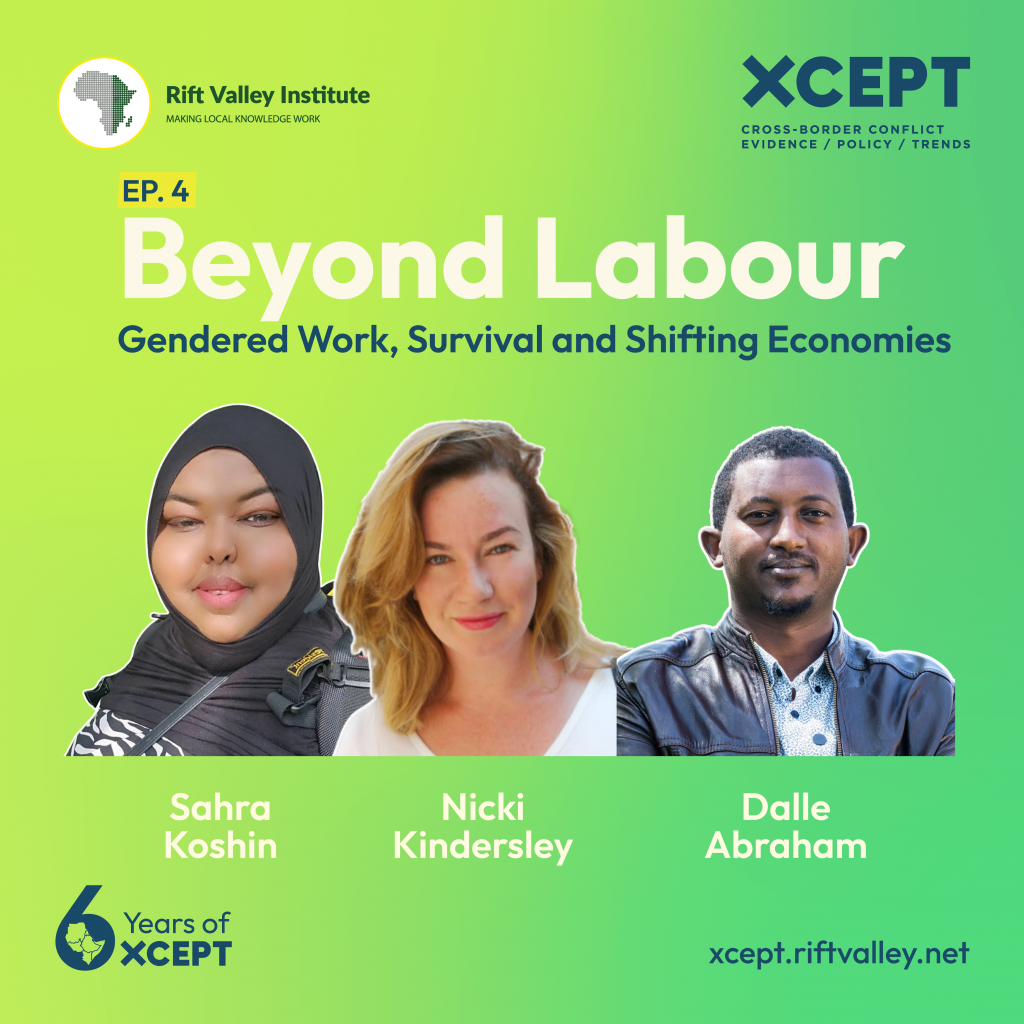
Episode 4 – Beyond Series | Rift Valley Radio How do women navigate work, trade, and survival in conflict-affected borderlands? In the fourth episode of the Beyond Series, we turn to women’s labour and cross-border trade as a lens for understanding resilience, gender roles and shifting economies in the Horn of Africa’s borderlands. Featuring research […]
Beyond Cultures: Food, Displacement, and Changing Tastes in South Sudan

Episode 3 – Beyond Series | Rift Valley Radio How does conflict reshape food, culture, and identity in South Sudan? In the third episode of the Beyond Series, we turn to food as a lens for understanding displacement, memory, and social change in South Sudan’s conflict-affected borderlands. Featuring research by Deng Kuol, Elizabeth Nyibol and […]
Beyond Borders: Movement, Migration and Digital Belonging
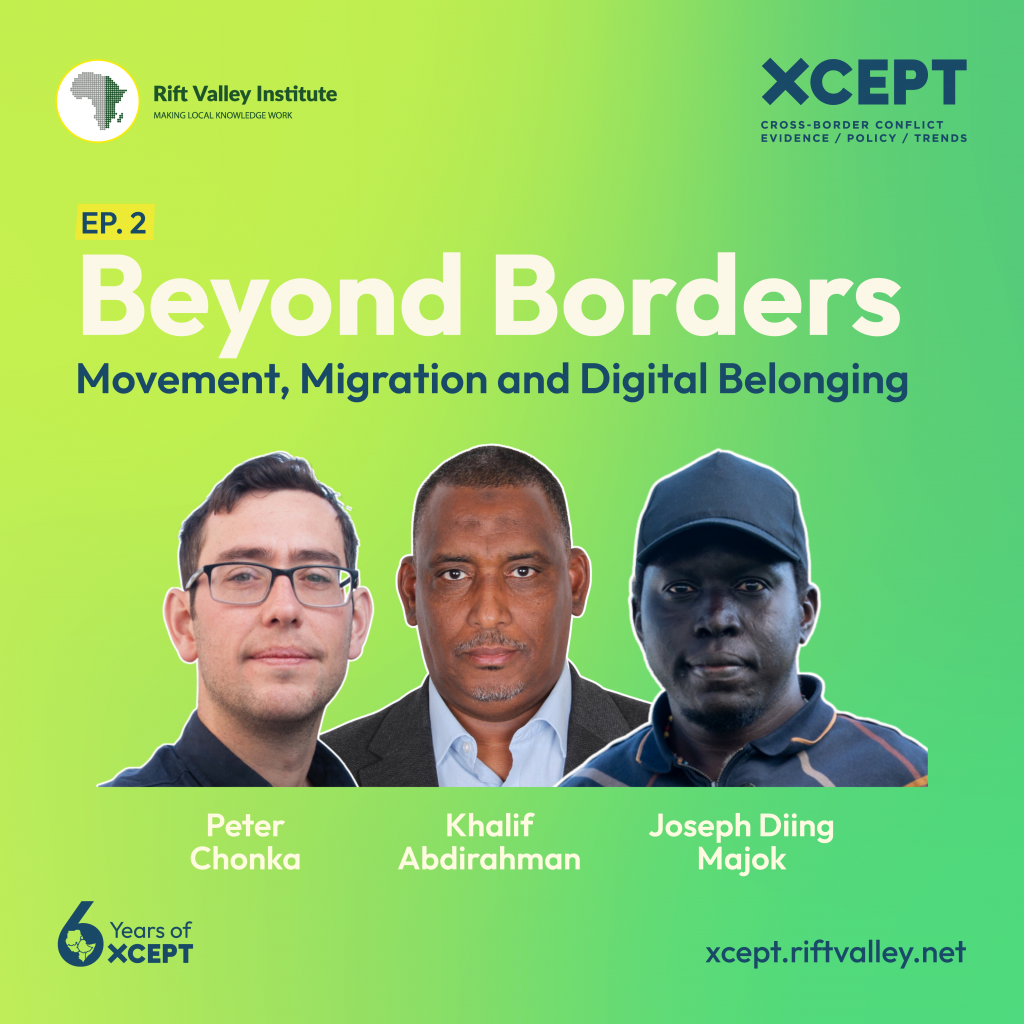
Episode 2 – Beyond Series | Rift Valley Radio What does mobility look like in conflict-affected borderlands of the Horn of Africa? In the second episode of the Beyond Series, Rift Valley Institute brings together research from Somaliland, Puntland, and South Sudan to explore how people move, stay connected, and navigate belonging across physical and […]
Joseph Diing | XCEPT
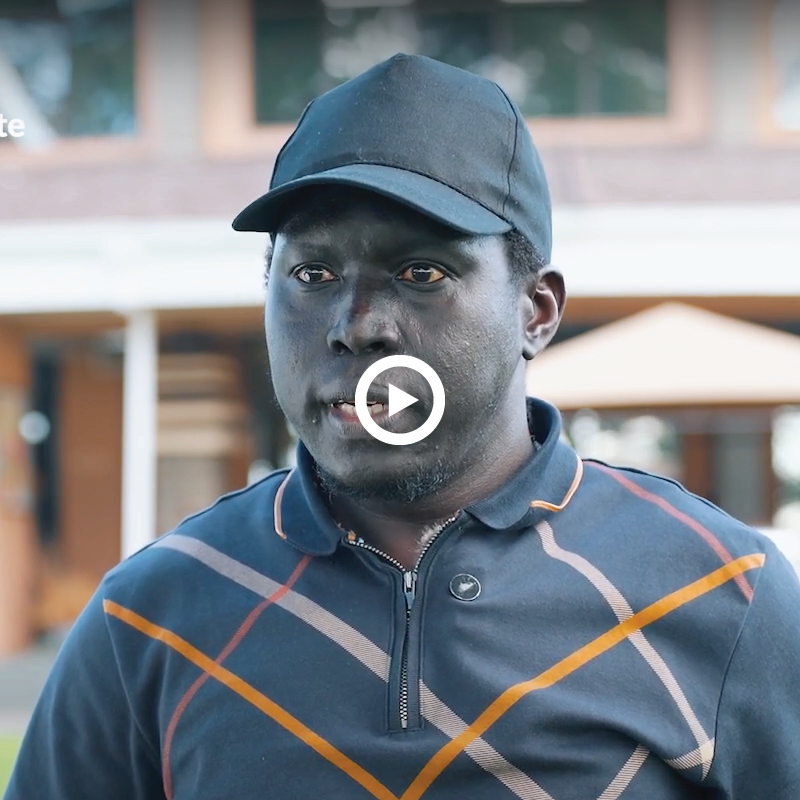
Joseph Diing is a South Sudanese researcher with the Rift Valley Institute who has been involved in the XCEPT programme from its early stages. In this interview, he reflects on how the programme has shaped his research journey—introducing him to academic writing, exposing him to critical literature on borderlands, and encouraging him to explore themes […]
Sophie Stevens | XCEPT
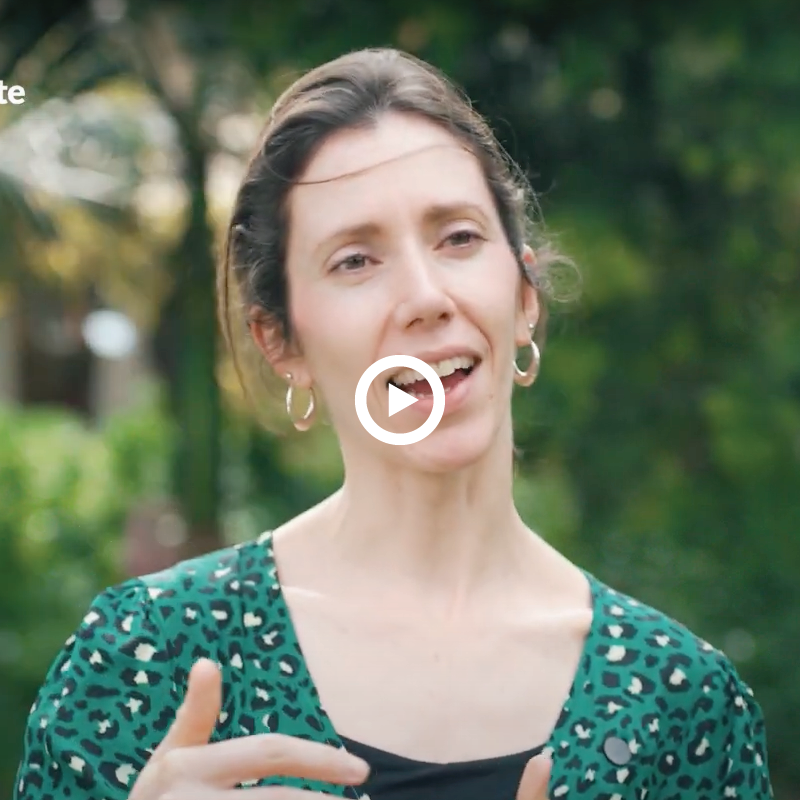
Sophie Stevens, Senior Responsible Officer (SRO) for the XCEPT programme at the UK’s Foreign, Commonwealth and Development Office (FCDO), shares reflections from over a year and a half of overseeing the programme. As the person accountable for its delivery, effectiveness and value for money, she outlines how XCEPT has made a meaningful impact across more […]
Pamela Combined | XCEPT
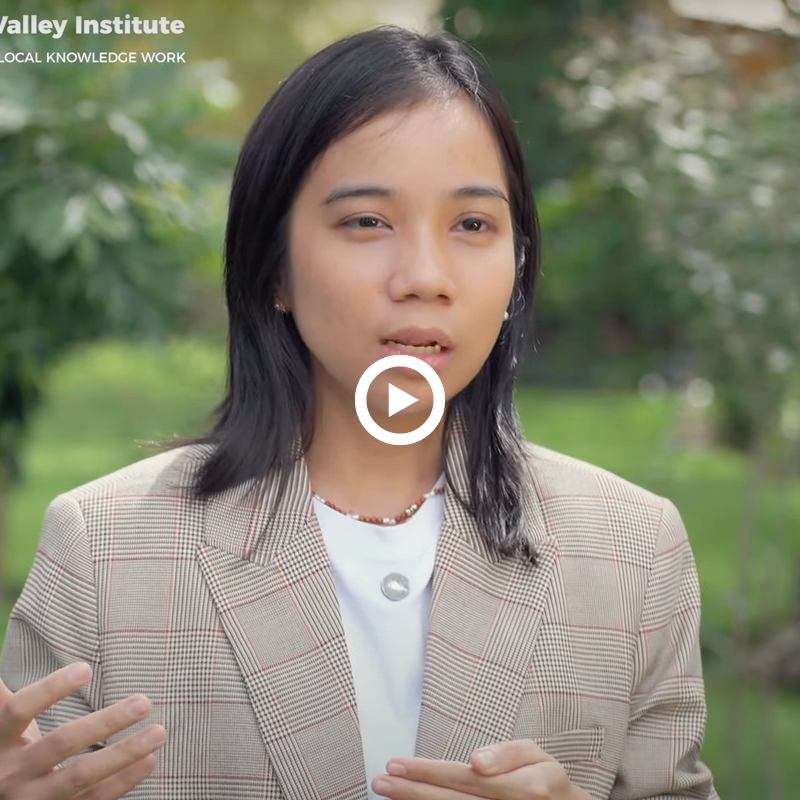
Pamela Combinido of Humanitarian Advisory Group reflects on leading the review of the Ex-Border Local Research Network under the XCEPT programme. She highlights the value of locally-led research in gaining access to complex contexts and producing grounded, credible evidence. She discusses how the network’s connections and trust have allowed researchers to capture the experiences of […]
Nathan Shea | XCEPT
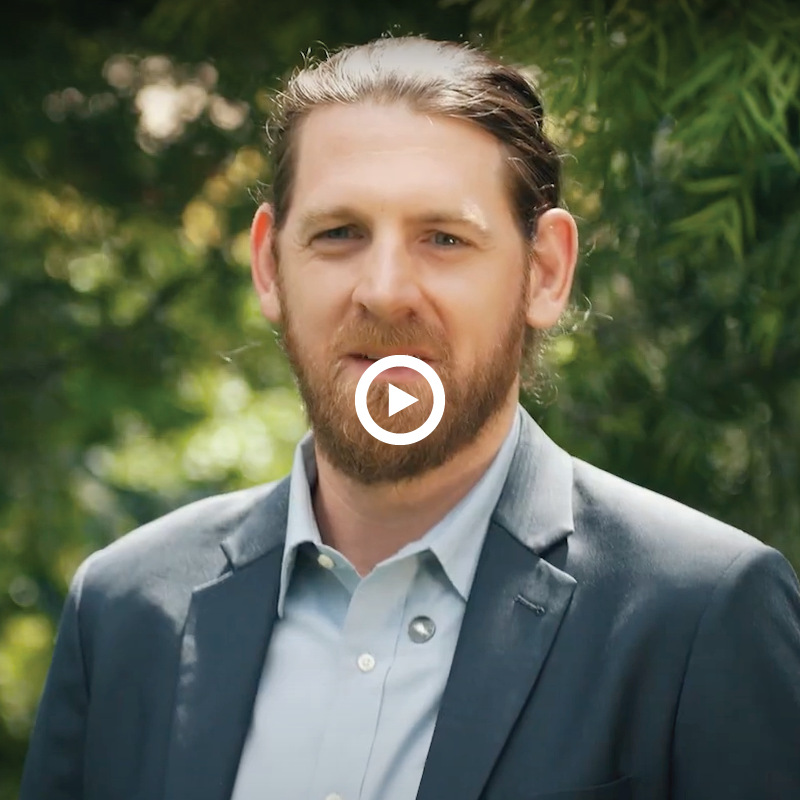
Nathan Shea is the Assistant Director for Conflict and Fragility at The Asia Foundation and the Programme Manager for XCEPT. In this interview, he discusses how XCEPT has challenged dominant narratives about conflict-affected borderlands—shifting the focus from disorder and criminality to opportunity, resilience and local innovation. Nathan highlights the importance of bringing in the voices […]
Mohanad Hage Ali | XCEPT
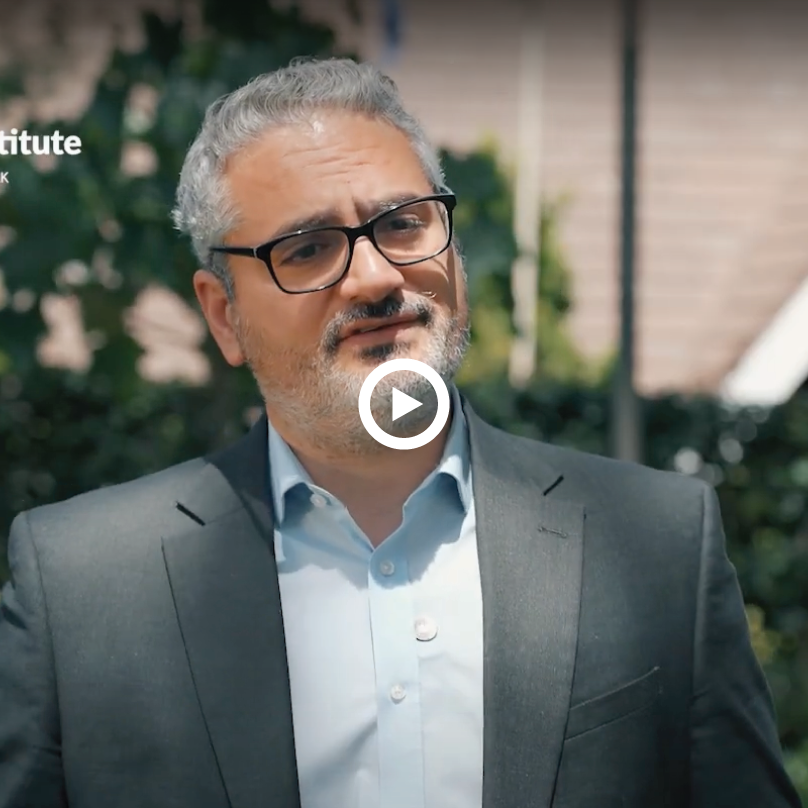
Mohanad Hage Ali, Deputy Director of Research at the Carnegie Middle East Center in Beirut, reflects on his team’s engagement in the MENA region through the XCEPT project. Focusing on research in the border areas of Yemen and Saudi Arabia, he explains how these regions reveal early signs of wider trends such as state fragility, […]
Dalle Abraham | XCEPT
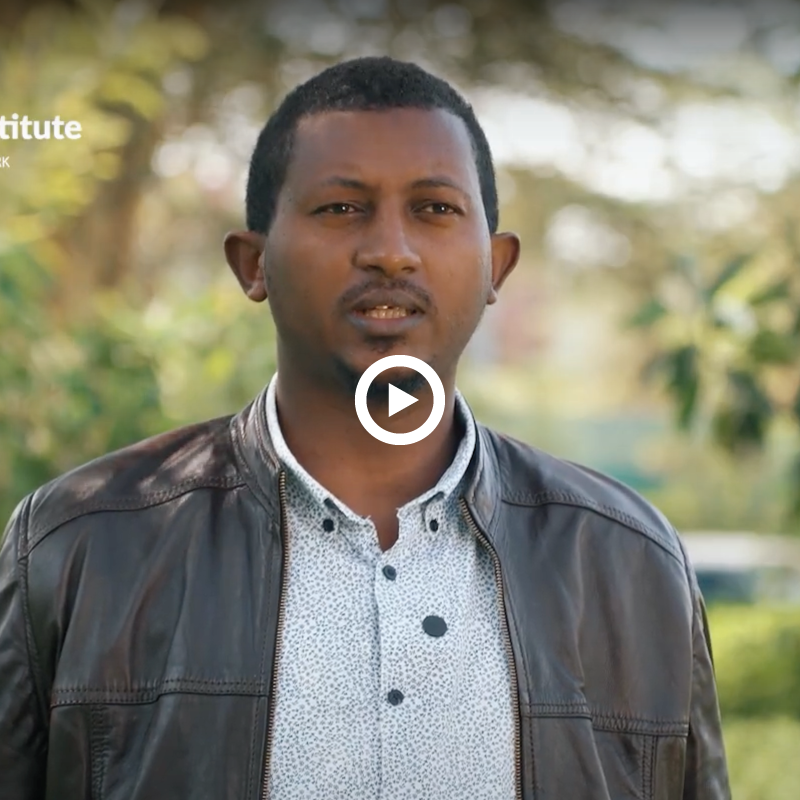
Dalle Abraham, a researcher based in northern Kenya, speaks about the power of community-led research and the unique role local researchers play in understanding the region’s challenges. He underscores how trust and access are central to gathering meaningful data, particularly in fragile or marginalised areas. Drawing on his experience in the XCEPT programme, Dalle reflects […]
Elizabeth Nyibol | XCEPT
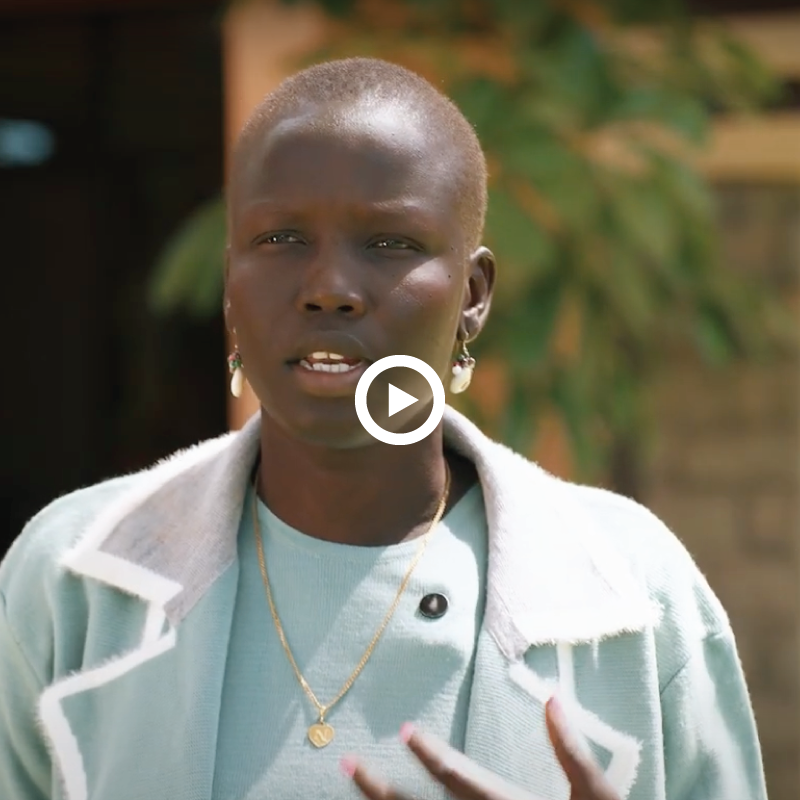
Elizabeth Nyibol, a South Sudanese researcher and long-time contributor to the XCEPT programme, shares her journey from local research to global engagement. Through her work on projects like Changing Tests and her publication Triple Burden, she reflects on how six years with XCEPT expanded her research skills, from data analysis and policy writing to coding […]
